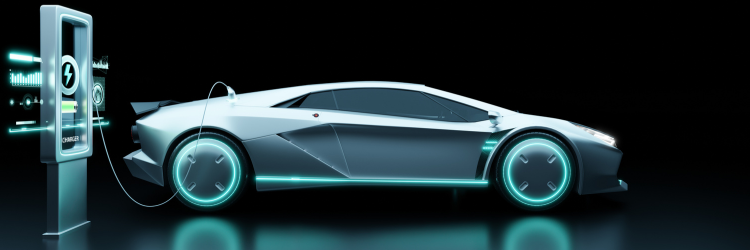EV Battery Recycling’s New Closed-Loop System
The move to EVs creates large amounts of e-waste and environmentally damaging mining. The Lithium, nickel, cobalt, and manganese shortages could slow the EV transition and rapidly expand mining activities. There’s growing interest in recycling old batteries to retrieve the valuable metals already there.
A partnership between battery material producer BASF, graphene battery maker Nanotech Energy, battery recycler American Battery Technology Company (ABTC), and battery precursor material maker TODA Advanced Materials, is planning North America’s first closed-loop battery recycling system. They hope to produce new batteries from recycled materials by 2024.
Under the agreement, BASF will produce materials used in battery cathodes, and Nanotech Energy will use the materials to build their lithium-ion battery cells. Some of those recycled metals will come from ABTC recycling battery scrap produced by Nanotech Energy as it manufactures batteries. These will be processed into battery material precursors by TODA and then into cathode materials by BASF.
Together, this will create a circular battery recycling system. The companies claim that using recycled metals to produce lithium-ion batteries can reduce the CO2 generated while manufacturing them by roughly 25%.
According to McKinsey, most of the battery materials suitable for recycling currently come from consumer electronics and battery scrap from manufacturers because few electric vehicles have yet reached the end of their operational lives. However, with more than 100 million vehicle batteries due to be retired within the next decade, revenues from battery recycling could jump to more than $95 billion a year by 2040 globally.

